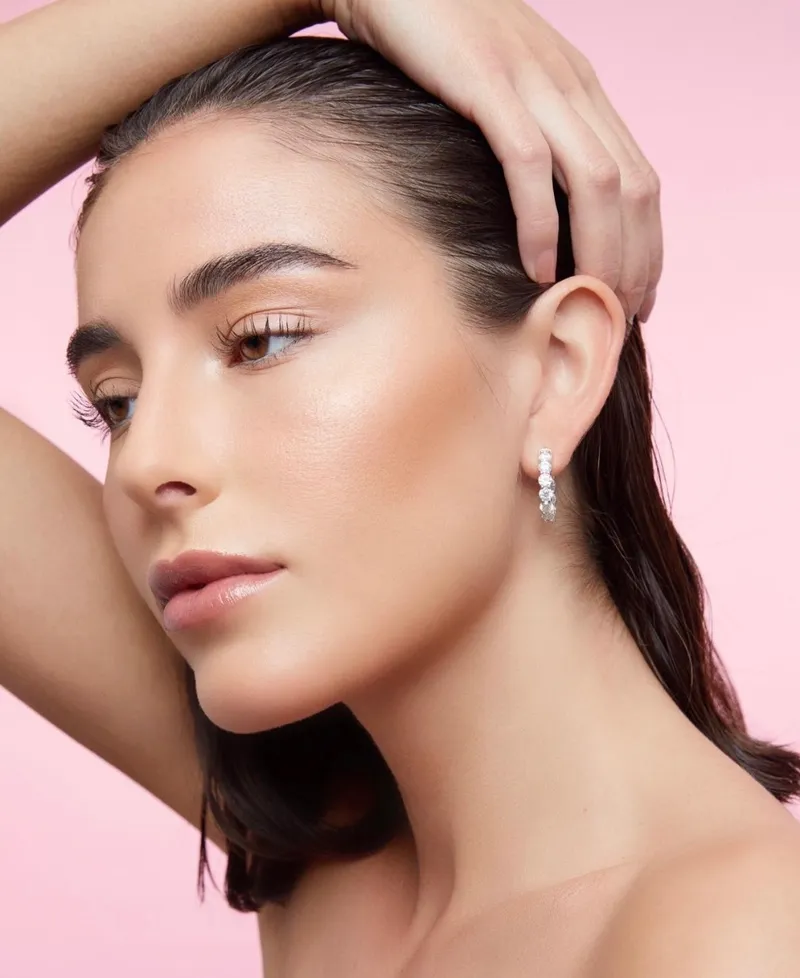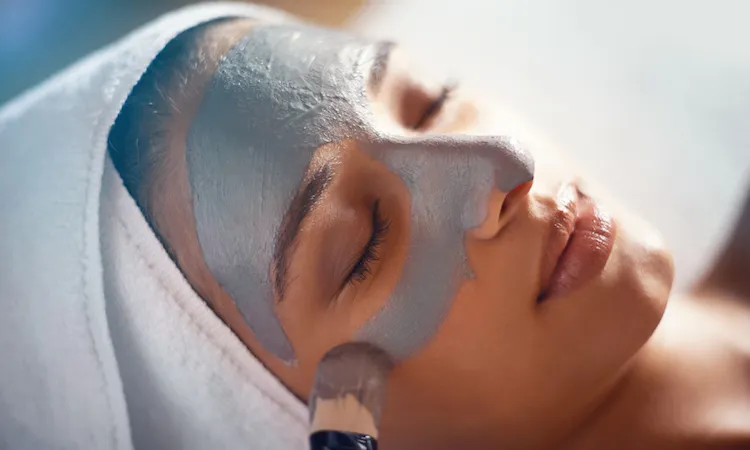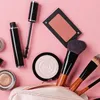Tech and beauty: How AI is disrupting and shaping the skincare industry
Emerging technologies like AI and AR are now being used by companies in the beauty and skincare industry to offer customers a hyper-personalised approach to better skin health.
Beauty-conscious consumers across the world are perennially in pursuit of ways to retain their youthful skin. Every year, people spend billions on skincare products that can potentially reduce fine lines, fade brown spots, improve firmness, texture, and elasticity of the skin.
Despite the quality and variety of products available in the market, consumers continue to be underwhelmed and frustrated by the manufacturers’ inflated claims of smooth, silky, and younger-looking skin.

Orbis Research predicts that the global cosmetics products market is projected to reach $806 billion by 2023. Meanwhile, artificial intelligence (AI) is anticipated to cross $12 billion by 2023 in global spending by retailers, including beauty, up from an estimated $3.6 billion this year, according to Juniper Research.
Needless to say, AI has been instrumental in shaping the way we view and consume beauty, creating a new level of versatility in the skincare game.
AI to spruce up your looks
Beauty and cosmetic brands globally are embracing latest technologies, from AI to augmented reality (AR), to offer customers a more ‘hyper-personalised’ and tailor-made approach to better beauty and skin health.

They are also in the process of creating AR models that help in scanning the imperfections of the skin and suggesting individualised product recommendations, thereby arranging effective virtual consultations for a digital generation.
Personalisation: the secret to pristine, age-defying skin
Hyper-personalisation is gradually decoding the secret to age-defying skincare. A meticulous process of customising individual formulations with the help of online evaluations and AI-based consultation-loops, mapping the right ingredients to the outlined skin concerns keeping lifestyle patterns, environment, and genetics in mind.
The implementation of AI, ML, and predictive analytics in the long run will help further fine-tune recommendations while enhancing the overall healing process.
Brands like Proven, SkinKraft, Clinique, and Bare Anatomy have already deep dived into product personalisation using AI and ML to offer smart skincare experiences to their customers.

Beauty apps and devices
Beauty apps bring significant value to cosmetic companies by generating insightful data. These systems allow companies to get a clearer picture of their customers' concerns and what they are exactly looking for.
These new-age applications have now become part of our lives, disrupting and re-moulding the beauty landscape.
They use ML and predictive analytics to curate individual skincare regimens based on the customer’s unique skin profile, sharing with them personalised, data-backed recommendations and solutions.
Both large and small beauty brands have introduced unique high-tech devices with integrated apps to provide real-time updates and key product performance evaluation metrics.
The Indian beautyscape has undergone massive disruption with the evolution of technology. Digitisation has had a huge impact in skincare technology, while AI has helped brands navigate and provide more holistic experiences to their customers.
A form of transformative care that has revolutionised the health and beauty space, with its tangible result-driven offerings. AI can be useful in not only creating these hyper-personal experiences but also contributing to the gradual and organic enhancement of skin health, which eventually will lead brands and consumers to unravel and demystify the secret to age-proof skin.
Edited by Saheli Sen Gupta



![[The Turning Point] How a chance meet with Mukesh Bansal and post-pregnancy skin issues led to the launch of SkinKraft](https://images.yourstory.com/cs/2/3fb20ae02dc911e9af58c17e6cc3d915/turningpoint-1597323564424.png?fm=png&auto=format&h=100&w=100&crop=entropy&fit=crop)






